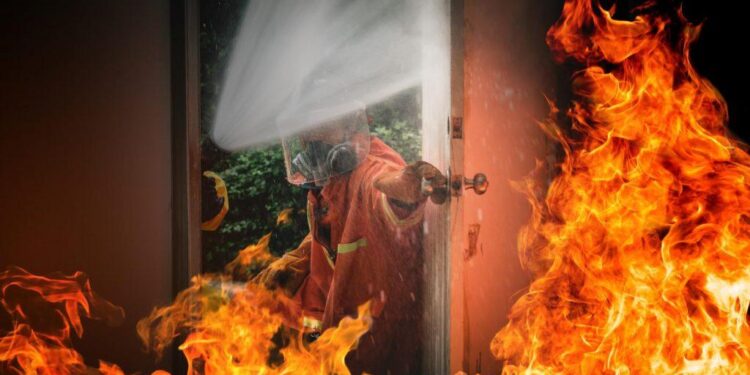The devastating loss that accompanies a fire cannot be adequately described, which often leaves victims with no choice but to make an insurance claim. Fire insurance claims can be complex and time-consuming. Insurance companies can deny these claims on various grounds.
According to the National Fire Protection Association (NFPA), there were over 1.3 million fires in the United States in 2023. If you’ve found yourself a part of these statistics, it can feel like your whole world has turned upside down. It can be even worse when your fire insurance, which was supposed to be your safety net for such a situation, gets denied.
Even if you haven’t missed a single payment, there’s still a chance your claim could get denied. Insurance companies often look for loopholes or reasons to deny claims, and without a fire insurance lawyer by your side, it can be tough to fight back.
Here are some of the reasons why a fire insurance claim can be denied.
Lack of Maintenance or Neglect
The first reason insurance companies have been able to successfully deny fire insurance claims is because of neglect or the lack of maintenance. If the fire outbreak was caused by an outdated or poorly maintained electrical system, the liability lies with the claimant.
Some fire outbreaks are caused by poorly maintained heating systems like furnaces or water heaters; sometimes chimneys are not inspected, which leads to chimney fires. When it can be proved that the fire outbreak was caused by the claimant’s neglect, the insurance claim will be denied.
Exclusions or Limitations in the Policy
Sometimes, fire insurance claims are denied by insurance companies because insurance policies often contain exclusions or limitations that can affect coverage.

For instance, many policies exclude coverage if the fire was caused by intentional acts like arson. Claims may also be denied for maintenance-related issues, such as fires caused by faulty electrical systems that were neglected.
And, there are also exclusions for preexisting conditions, such as structural damage, that may have contributed to the fire outbreak. Policyholders should go through the details of their insurance and understand what is covered and what isn’t.
Insufficient Documentation
Proper documentation is needed if you want to support your fire damage claim. Claimants may fail to provide proper documentation, like police reports, that show important information about the cause of the fire.
Claimants usually lack video or photo evidence of the fire damage, and oftentimes, they don’t know to go to the fire department for reports about the extent of the damage. When there is no evidence for the claim, the insurance company can deny the claim.
Failure to Comply with Policy Conditions
A fire damage claim can be denied because the policyholder failed to meet the conditions necessary for their insurance coverage.

They may have failed to pay their insurance premium, which can result in the policy getting canceled. They may fail to notify the insurance company of changes, such as renovations or changes in occupancy, which can affect the insurance coverage.
Conclusion
Insurance companies do their due diligence before they accept or deny any insurance claim, so you should ensure that everything is above board when you file an insurance claim.
Do not give inconsistent statements or contradictory evidence when making an insurance claim. Do not engage in suspicious activities.
Most importantly, have a lawyer available to help you and negotiate with insurance providers on your behalf.
















